Canonical are well into development on Ubuntu 24.10, the next non-LTS version of the popular Linux distribution and things keep improving for gamers.
In their latest developer update, Oliver Smith the Interim Engineering Director for Ubuntu Desktop, goes over some details that were already made in Ubuntu 24.04 like some of the fine-tuning they did to the Linux kernel that improved gaming performance.
As for what's to come, plenty of changes are planned for the Steam Snap package. This actually appeared for the first time in the recent Steam Survey for May, which shows up as "Ubuntu Core 22". Smith noted how the Steam Snap will soon get updates "with a broader range of permissions that should resolve a number of outstanding reports" that will "enable Steam to have access to the things it expects whilst still maintaining the dependency management and updated userspace driver benefits".
More changes are coming like GNOME 46.2 for Ubuntu 24.04 and there's improvements to the new Ubuntu Desktop installer. Their App Center is getting various improvements like running Snaps no longer blocking "users from using the ‘update all’ option in the management interface", supporting externally downloaded .deb files and the gaming tab will soon sort applications by their average rating by default.
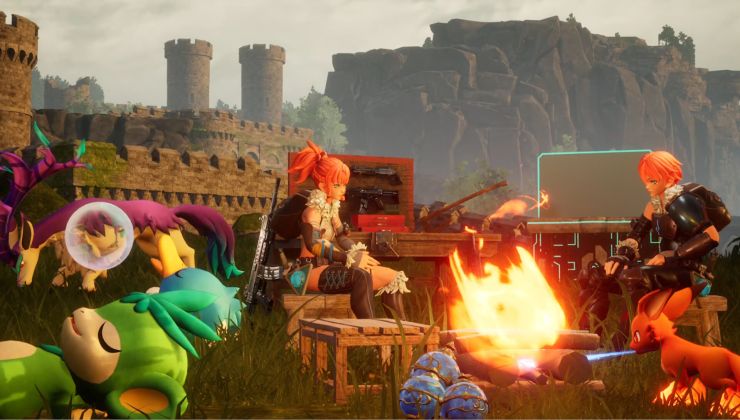
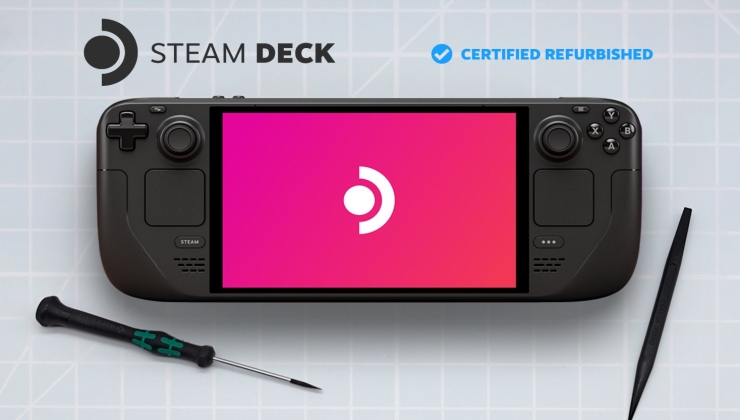
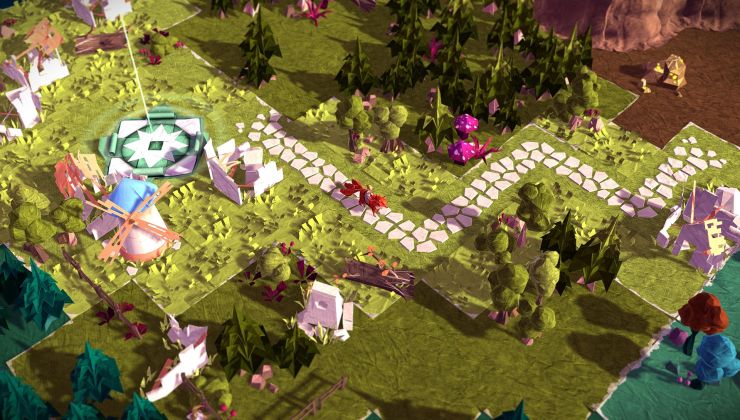
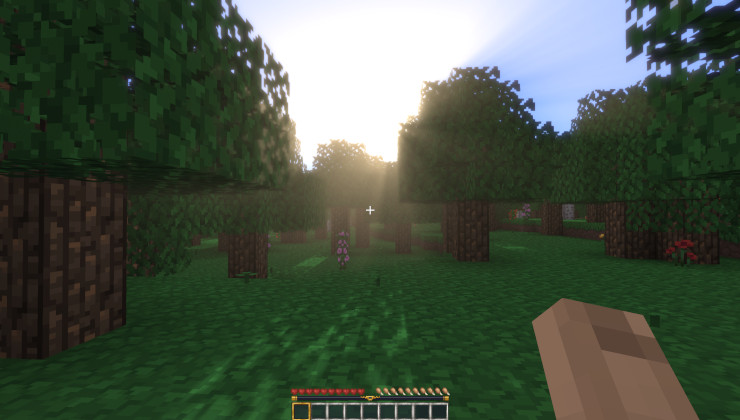
 An idiots guide to setting up Minecraft on Steam Deck / SteamOS with controller support
An idiots guide to setting up Minecraft on Steam Deck / SteamOS with controller support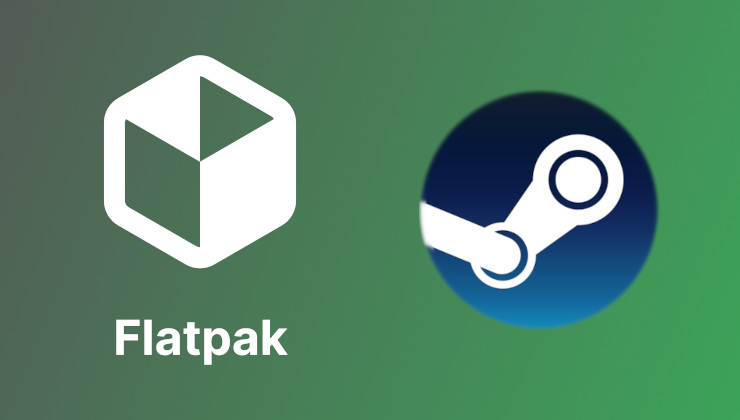 How to install extra software, apps and games on SteamOS and Steam Deck
How to install extra software, apps and games on SteamOS and Steam Deck
See more from me